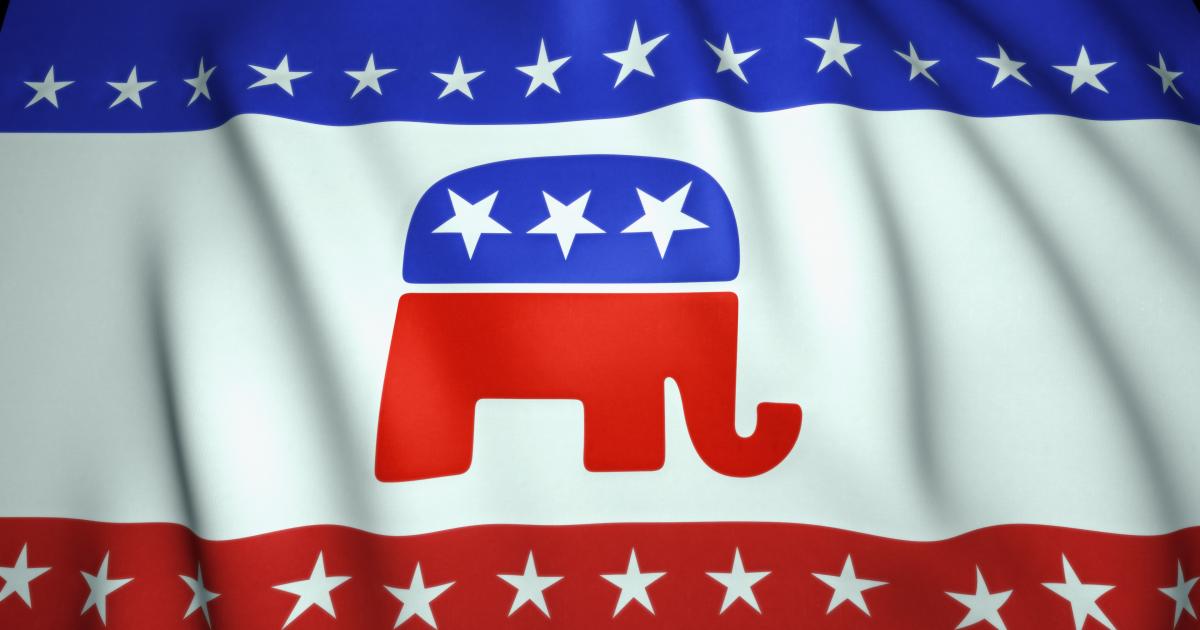
Introduction: The Republican Party, commonly known as the GOP (Grand Old Party), stands as one of the United States’ two major political parties. With a history spanning back to its inception in 1854, the GOP has undergone significant transformations, shaping and reshaping American politics over the years. However, alongside its triumphs, the party’s history is also marked by moments of controversy, political shifts, and contentious policies. In this article, we embark on a journey to uncover the multifaceted legacy of the Republican Party, examining critical events, policies, and figures that have left an indelible mark on American politics.
The Birth and Early Years: The Republican Party emerged in 1854, a tumultuous period characterized by intense debates over the expansion of new states and the contentious issue of slavery. Born out of the dissolution of the Whig Party, Republicans rallied around the cause of preventing the further spread of slavery into new territories. With the election of Abraham Lincoln in 1860, the party gained significant influence in the North, eventually leading to the outbreak of the Civil War. Despite the party’s anti-slavery stance, the war and its aftermath saw complex shifts within the Republican ranks, as economic interests and political realities came into play.
The Civil War and Reconstruction: During the Civil War, the Republican Party championed the cause of emancipation and fought for the rights of freedmen in the South. However, as the conflict drew to a close, a divergence emerged within the party regarding the future of Reconstruction. While some Republicans remained committed to advancing civil rights for African Americans, others prioritized maintaining political power and economic interests. This internal struggle led to a gradual retreat from efforts to reform the South, allowing for the rise of Jim Crow laws and the disenfranchisement of black citizens.
The Rise of Big Business and Ideological Shifts: In the late 19th and early 20th centuries, the Republican Party evolved into the party of big business, aligning itself with wealthy financiers and industrialists. This alliance proved beneficial during periods of economic prosperity but posed challenges during times of crisis, such as the Great Depression. Faced with the New Deal policies of Franklin D. Roosevelt and the Democratic Party, Republicans positioned themselves as champions of limited government and free-market principles.
The Civil Rights Movement and Changing Demographics: The mid-20th century witnessed the resurgence of issues related to race and civil rights, with the Republican Party navigating a shifting political landscape. While Northern Republicans supported civil rights legislation, Southern Democrats vehemently opposed such measures. The passage of the Civil Rights Act of 1964 marked a turning point, leading to realignment within both parties. White voters in the South, disillusioned with Democratic policies, increasingly turned to the GOP, while African American voters shifted their allegiance to the Democrats.
Modern Challenges and Opportunities: In recent decades, the Republican Party has faced challenges stemming from demographic shifts, immigration debates, and internal divisions. The rise of Donald Trump, with his populist rhetoric and outsider status, underscored deep-seated resentments within the party’s base. Trump’s presidency highlighted the tensions between establishment Republicans and grassroots activists, as well as the party’s struggle to appeal to a diverse electorate.
Looking Ahead: As the Republican Party navigates the complexities of the 21st century, it stands at a crossroads, grappling with its historical legacy and future direction. With a renewed focus on issues of race, immigration, and economic inequality, there is an opportunity for the GOP to redefine itself and transcend its traditional boundaries. Whether the party can reconcile its past with the demands of the present remains to be seen, but one thing is certain: the history of the Republican Party is a rich tapestry of triumphs, challenges, and enduring ideals.
Conclusion: In tracing the evolution of the Republican Party, we uncover a story of resilience, adaptation, and transformation. From its origins in the fight against slavery to its role in shaping modern American politics, the GOP’s history is a testament to the complexities of democracy and the enduring quest for social and economic justice. As we confront the challenges of the present moment, let us draw inspiration from the past and chart a course toward a more inclusive and equitable future.



